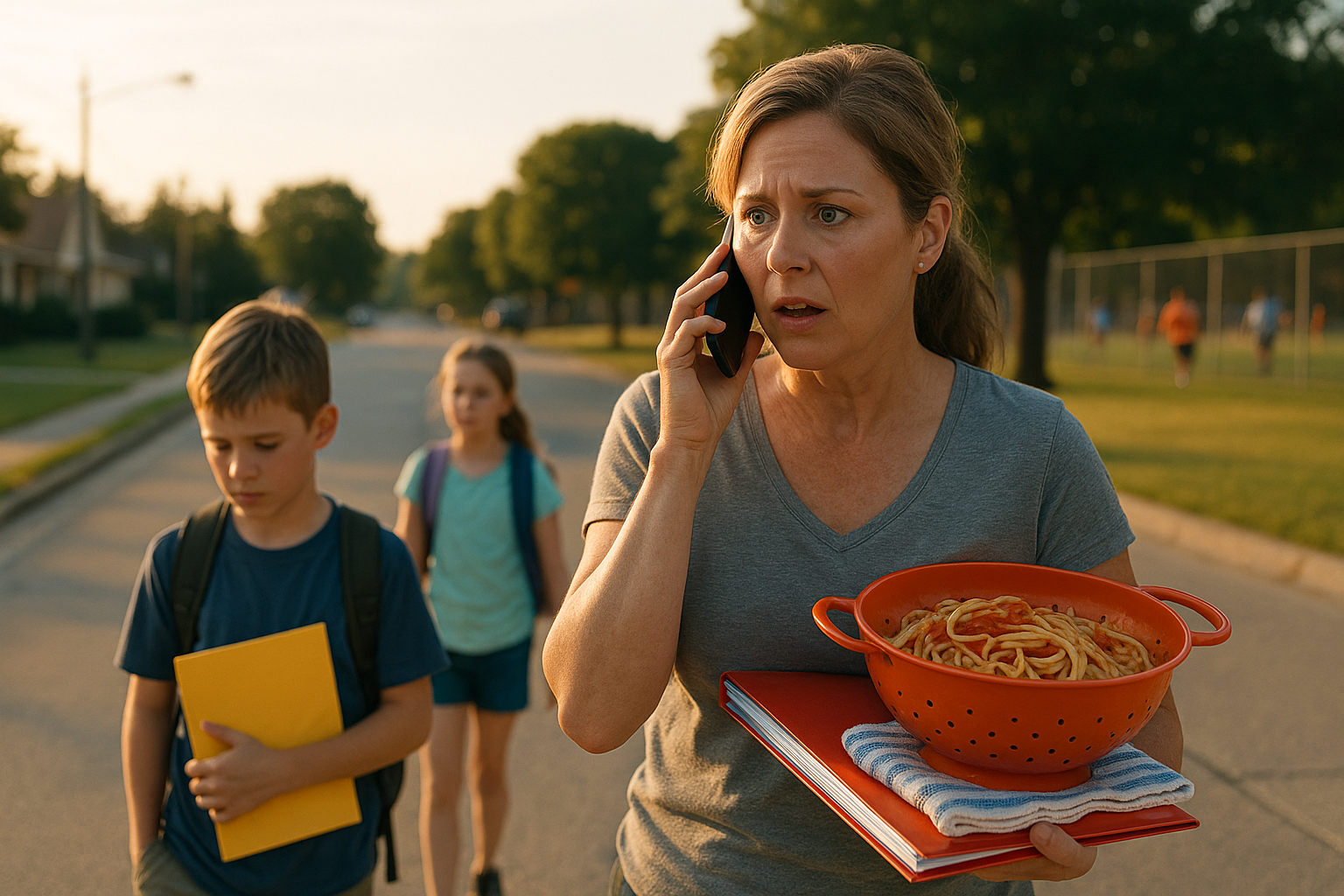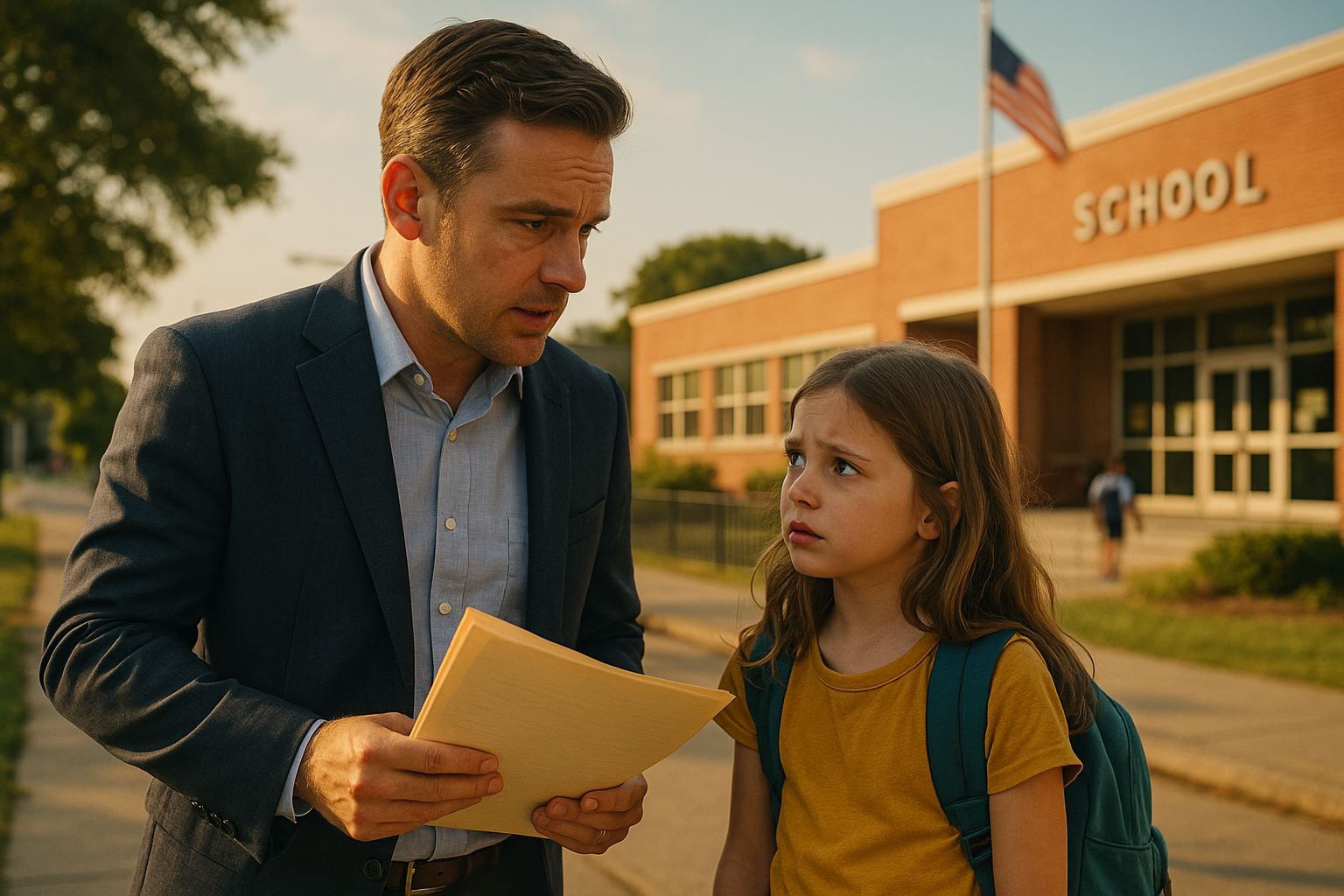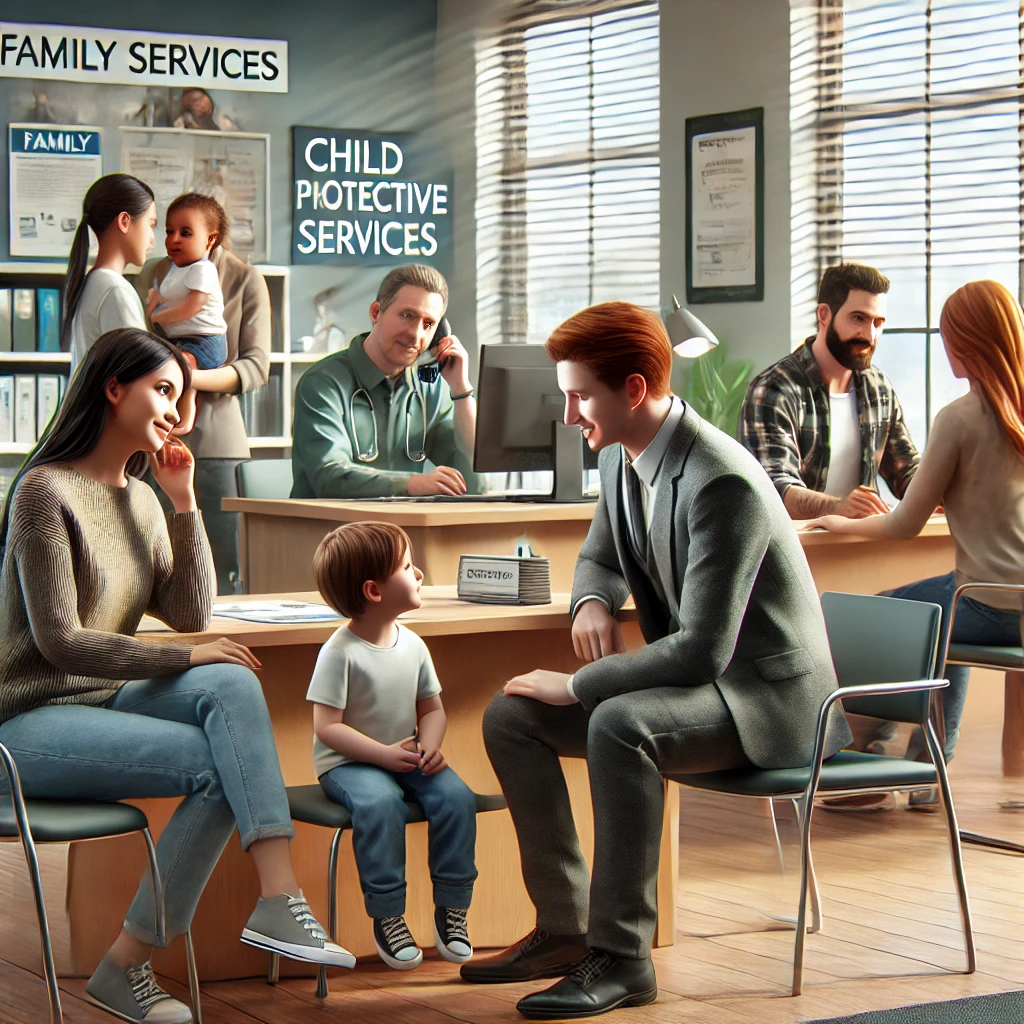
Navigating Child Protective Services (CPS) can feel overwhelming, especially when you need immediate answers. Finding the right CPS caseworker contact for your needs is crucial in ensuring that children receive the protection they deserve and families receive the support they need. Whether you are a concerned parent, a family member, or an advocate for a child, understanding how to connect with the appropriate CPS professional can make all the difference.
Understanding the Role of a CPS Caseworker
Before beginning the process of finding the right CPS caseworker contact for your needs, it is essential to understand the role of a CPS caseworker. These professionals investigate reports of child abuse or neglect and work to ensure the safety and welfare of children. Their primary goal is to protect children from harm while providing necessary support to families to create safe, stable home environments. CPS caseworkers assess the severity of each report, conduct thorough interviews with family members, visit homes, and collaborate with law enforcement when necessary. They also gather evidence, document findings, and make critical decisions regarding a child’s safety, which may include removing a child from a harmful environment when all other options have been exhausted.
Beyond investigations
CPS caseworkers serve as coordinators of essential services. They connect families with counseling, substance abuse treatment, parenting classes, and financial assistance programs to help address underlying issues contributing to neglect or abuse. Additionally, they monitor family progress through regular check-ins and revise safety plans as needed. Caseworkers must balance compassion and objectivity, making difficult decisions that prioritize the child’s best interests while considering the family’s circumstances. By understanding the scope of a CPS caseworker’s responsibilities, you can approach the process with informed expectations and communicate more effectively to ensure that the necessary support and protection are provided.
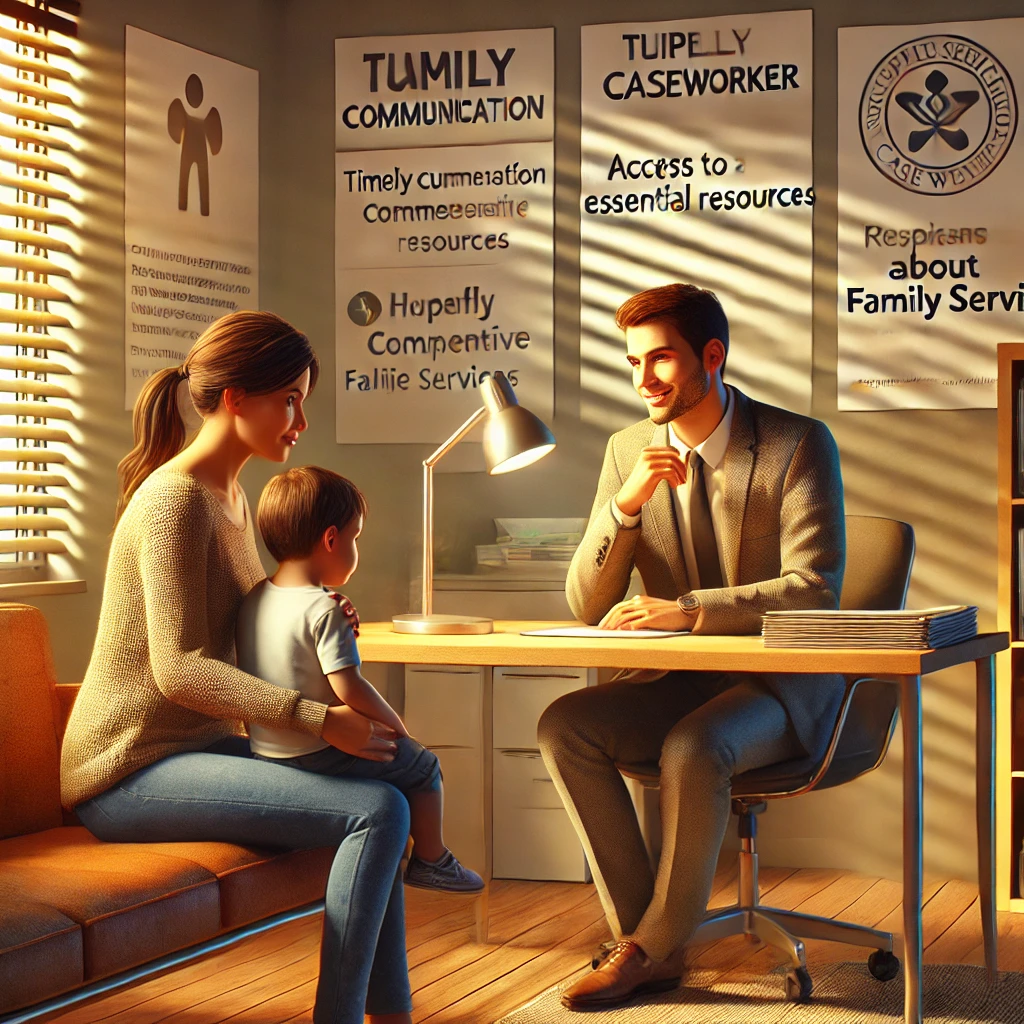
Why the Right Contact Matters
Connecting with the right CPS caseworker contact for your needs ensures timely communication and access to essential resources. Each case is different, and so is each caseworker’s approach. A responsive and supportive caseworker can guide you through the process, helping reduce stress and uncertainty. On the other hand, miscommunication or delays can lead to frustration and missed opportunities for support. Establishing contact with the appropriate caseworker also allows for the development of a collaborative relationship, which can be vital in navigating complex child welfare procedures.
A caseworker who understands
Can offer tailored guidance and provide updates that are specific to your case, rather than generalized information. This personalized support can significantly impact the speed and effectiveness of the services provided. Furthermore, clear and open communication with the right caseworker promotes trust, encouraging you to share essential details that could influence the outcome of the case. Without this trust and clarity, critical information might be overlooked, potentially jeopardizing the safety and well-being of the child involved. In contrast, proactive engagement with the correct CPS contact ensures that interventions are timely, appropriate, and in the best interest of the child and family.
Key Benefits of Finding the Right CPS Caseworker Contact
| Benefit | Impact |
| Timely Communication | Ensures quick responses and critical updates about the case. |
| Access to Essential Resources | Connects families with needed services and support programs. |
| Personalized Support | Offers tailored guidance based on the unique circumstances of the case. |
| Trust and Collaboration | Builds a cooperative relationship for better case outcomes. |
| Timely and Appropriate Interventions | Prevents delays in providing necessary protection and assistance. |
Start with Local CPS Offices
One of the most effective steps in finding the right CPS caseworker contact for your needs is reaching out to your local CPS office. Every county or region typically has its own office that handles cases within that specific area. Contacting your local office can direct you to the appropriate department and the caseworker assigned to your case.
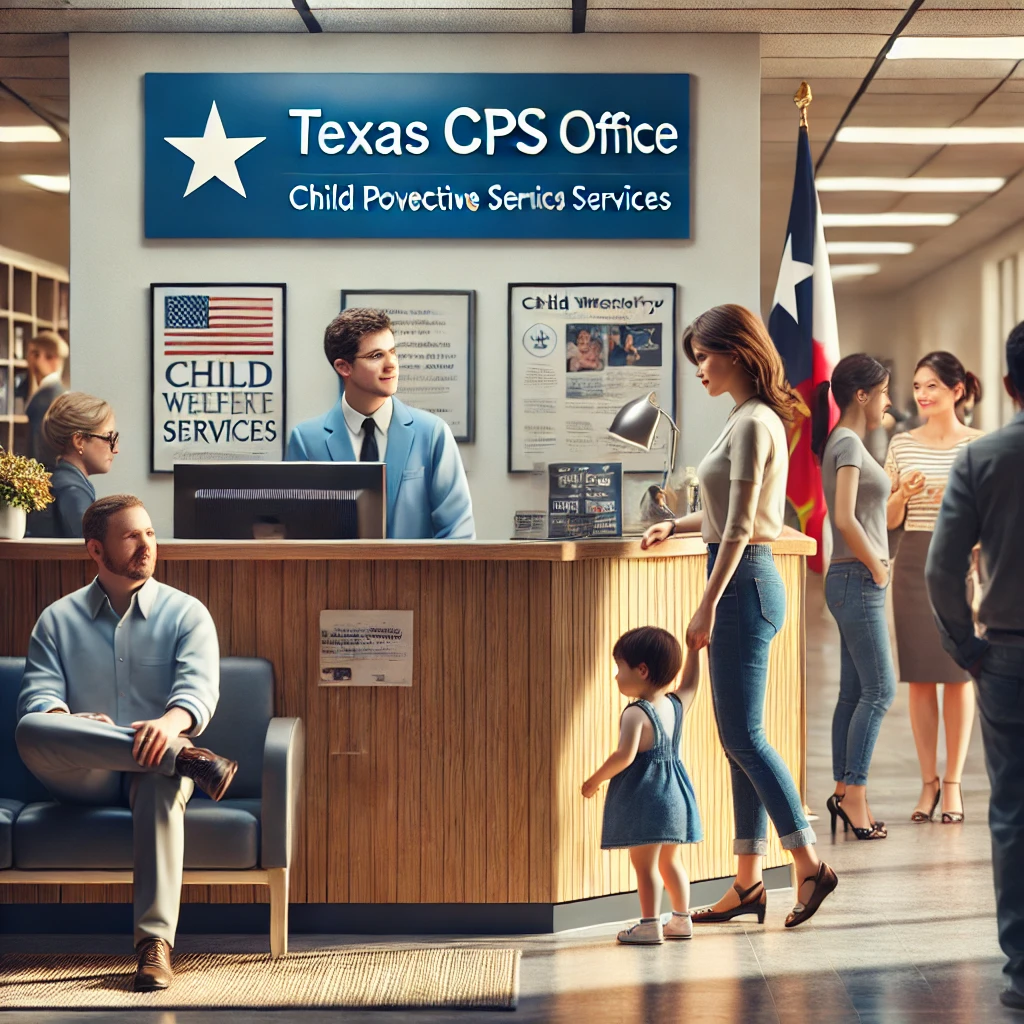
Use Online Directories and Resources
Many state and county CPS agencies provide online directories that include contact information for caseworkers and supervisors. These directories can be valuable tools for finding the right CPS caseworker contact for your needs. Websites often list office locations, phone numbers, email addresses, and department heads, allowing you to contact the right person without unnecessary delays.
Seek Recommendations and Referrals
Sometimes, word of mouth can lead you to the right connection. Speak with professionals in related fields, such as social workers, teachers, or legal advocates. These professionals often have established relationships with CPS staff and can help you in finding the right CPS caseworker contact for your needs. Their recommendations can save you time and direct you to someone who understands your situation.
Be Persistent and Courteous
Finding the right CPS caseworker contact for your needs may take some persistence. Caseworkers often handle multiple cases, which can delay their response. Consistent follow-up, combined with a polite and professional tone, can help you maintain communication. Respect their workload while also advocating for timely responses.
Organize Your Information
Being prepared when contacting CPS makes the process smoother. Have all relevant information ready, including case numbers, full names, and supporting documents. This organization helps the office connect you with the right CPS caseworker contact for your needs more efficiently. Clear and concise communication can accelerate the process.
Leverage Community Resources
Community organizations often collaborate with CPS. Nonprofits, advocacy groups, and legal aid services can assist you in finding the right CPS caseworker contact for your needs. These organizations may have insider knowledge or direct lines of communication with CPS, offering valuable support and guidance.
Understand the Agency Hierarchy
If you encounter challenges in reaching a caseworker, it may help to understand the CPS hierarchy. Supervisors and department managers can assist when communication stalls. Politely requesting to speak with a supervisor can expedite your connection to the right CPS caseworker contact for your needs.

Use Technology for Better Communication
Take advantage of technology to improve communication. Many CPS agencies now offer secure emails, messaging platforms, and even mobile apps for case updates. Using these tools can help you stay in touch and streamline your efforts in finding the right CPS caseworker contact for your needs. Always prioritize secure methods to protect sensitive information.
Stay Calm and Professional
Engaging with CPS can be emotional, but staying calm and professional is key. A composed and respectful approach encourages productive dialogue. Maintaining a positive attitude can strengthen your relationship with the right CPS caseworker contact for your needs.
Keep Records of All Communication
Document every interaction with CPS. Record dates, times, and the names of individuals you speak with. This record-keeping can be essential if you need to escalate issues or clarify previous conversations. Detailed notes support your efforts in finding the right CPS caseworker contact for your needs and maintaining accountability.
Clearly State Your Needs
Be specific and direct when communicating with CPS. Whether you need updates, have important information to share, or require services, clarity ensures that you are quickly connected to the right CPS caseworker contact for your needs. Avoid vague requests to prevent misunderstandings.
Understand Confidentiality Regulations
CPS operates under strict confidentiality laws to protect children and families. Understanding these rules helps set realistic expectations about the information that caseworkers can share. Respecting these boundaries fosters better communication with the right CPS caseworker contact for your needs.
Advocate for Your Concerns
If you feel your concerns are not being addressed, don’t hesitate to advocate for yourself or the child involved. Being assertive, while remaining respectful, can be necessary in finding the right CPS caseworker contact for your needs. Escalate concerns thoughtfully through the proper channels when necessary.
Learn CPS Procedures
Familiarizing yourself with CPS policies and procedures can empower you. Understanding how CPS operates helps you navigate the system and improves your chances of finding the right CPS caseworker contact for your needs. Knowledge of the process makes communication more effective.
Follow Up Consistently
Regular follow-ups demonstrate your commitment and help keep your case on track. Checking in consistently ensures that your concerns are addressed and that communication remains open. Persistence is key in maintaining a connection with the right CPS caseworker contact for your needs.
Seek Legal Guidance if Necessary
In some situations, consulting with a legal professional may be beneficial. Family law attorneys can offer advice and assist in finding the right CPS caseworker contact for your needs. They can also advocate for you, ensuring your rights and concerns are properly addressed.
Build a Cooperative Relationship
Building a collaborative relationship with CPS can lead to better outcomes. Approaching interactions with a spirit of cooperation fosters trust and understanding. This approach is critical in finding the right CPS caseworker contact for your needs and working towards positive resolutions.
Know When to Escalate
If communication fails, escalate the matter appropriately. Contact a supervisor or higher-level authority within CPS if necessary. Understanding when and how to escalate can help you connect with the right CPS caseworker contact for your needs more effectively.
It’s important to recognize signs that escalation is necessary. If repeated calls or emails go unanswered, deadlines are missed, or critical updates are lacking, it may be time to seek higher-level intervention. Begin by documenting all previous attempts to communicate, including dates, times, and the nature of each interaction. This record can demonstrate your efforts and urgency when addressing the issue with a supervisor. When escalating, remain calm and professional, clearly explaining the situation and the impact of delayed communication on the case. Supervisors and department heads are there to resolve communication breakdowns and ensure proper case handling. In some cases, escalation may involve contacting the agency’s ombudsman or filing a formal complaint through CPS’s grievance procedures. These channels exist to hold the system accountable and ensure that families and children receive timely support. Knowing how to navigate these steps effectively can expedite solutions and ensure the case receives the attention it requires.
In Summary
Finding the right CPS caseworker contact for your needs is a vital step in navigating the child welfare system. By using local offices, online resources, and community connections, you can effectively reach the right professional. Persistence, organization, and clear communication can make this process smoother and more successful. Remember, staying calm, professional, and informed empowers you to advocate effectively. With the right approach, you can build a productive relationship with CPS and ensure that the necessary support and protection are provided for the child involved.
Other Related Articles:
- How to File a CPS Case Appeal: A Practical Guide
- Understanding CPS and Child Neglect: Prevention and Response
- CPS Mandatory Reporting: Who Is Responsible and How It Works
- CPS Court Hearings: What to Expect and How to Prepare
- Exploring Key Aspects of Texas CPS Laws and Regulations
- The Roles and Responsibilities of caseworkers and what they do
- A Comprehensive Overview of How CPS Foster Care Works
- Breaking Down the CPS Case Process
- Understanding the Role of Child Welfare Services in Modern Society
- Emergency Custody Orders and the Texas DFPS
FAQs
CPS caseworkers investigate reports of child abuse or neglect, assess risks, and coordinate services to ensure the safety and well-being of children.
Contacting the right CPS caseworker ensures timely communication, access to appropriate resources, and proper handling of your case.
You can find your local CPS office by searching online directories or visiting your state or county child welfare agency’s website.
If your caseworker is unresponsive, document your communication attempts and escalate the matter to a supervisor or higher authority within CPS.
Prepare by organizing all relevant documents, case numbers, and specific questions or concerns to discuss with the CPS caseworker.




